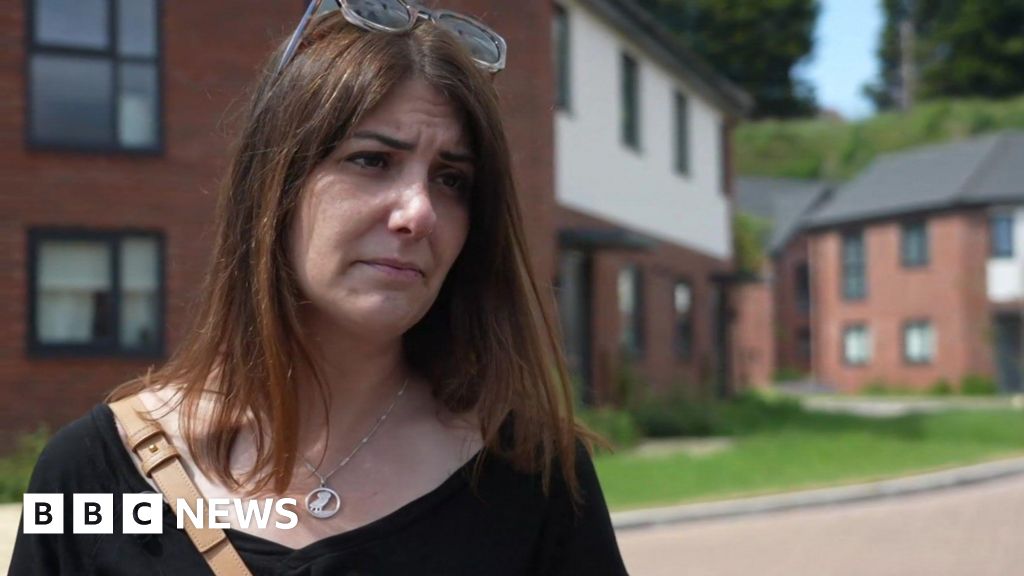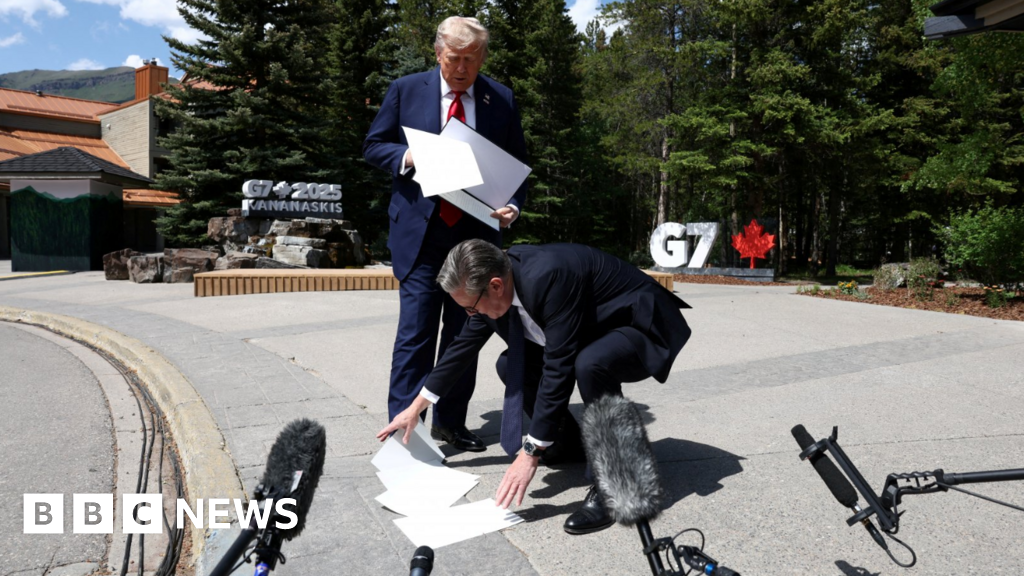ARTICLE AD BOX
9 minutes ago
By Sam Francis, Political reporter • Helen Catt, Political correspondent
Labour will set out plans later to address prison overcrowding in England and Wales after concerns that jails may run out of space within weeks.
Justice Secretary Shabana Mahmood has said emergency measures are needed to "pull the justice system back from the brink of total collapse".
The plans are expected to include releasing some prisoners early, the BBC confirmed on Thursday.
Prisoners on “standard determinate sentences” will be released after they have served 40% rather than 50% of their sentence, government sources have confirmed.
There will be exemptions for sexual and serious violent offenders.
Meanwhile former home secretary David Blunkett said the situation in prisons in England and Wales would "force" the government to reform the Indefinite Sentences for Public Protection (IPPs) system he introduced.
About 2,800 people are still serving IPPs, which have no set end date.
Lord Blunkett, who now serves a Labour peer in the House of Lords, told the BBC that "radical" changes should also be made to the way they can be recalled to prison to stop what he described as a "revolving door" effect.
To run smoothly, the prison system needs 1,425 free cells in men's prisons, but media reports suggest only 700 spaces are currently available.
Latest figures show 83,380 inmates are currently being held in the adult male estate.
On Thursday, Prime Minister Sir Keir Starmer said the scale of the problem in prisons was "worse" than he had thought.
Most prisoners currently serve half their sentence in jail and the other half on licence, facing re-imprisonment if they violate parole.
But Friday's announcement could see that reduced to 40%, a move the former Conservative justice secretary Alex Chalk reportedly pressed Rishi Sunak to make before the election.
Justice officials are thought to have been keen for further measures to ease the pressure on jail cell space to have been introduced earlier.
The Prison Governors' Association (PGA) welcomed the announcement of new measures and called for a "full review", saying, "The public must never be placed in this position again."
The Ministry of Justice is already building six new prisons to create an extra 20,000 places as demand grows for cell spaces, partially because of the Government's campaign to hire 20,000 more police officers.
About 6,000 spaces have been created and about 10,000 will be built by the end of 2025.
IPPs were introduced in 2005 for serious sexual and violent offenders.
The sentences have no end date.
Instead IPP prisoners serve a minimum tariff after which they can only be released, on licence, if the Parole Board is satisfied they do not pose a risk to public safety.
The sentences were abolished in 2012 after concerns they were being used too widely and that prisoners were spending many years longer than their minimum term in custody.
However, they were not retrospectively cancelled and there is an ongoing debate about what should be done for around 2,800 people who are still serving them in prison. More than 1,000 of those people have never been released.
Lord Blunkett introduced the IPPs but has since said he regretted the way they had been implemented and has called for reform.
He said until now Ms Mahmood had been "incredibly cautious" about IPPs.
But "the truth of the matter is that they will be absolutely forced" to act as part of a much wider package, he added.
The last government proposed shortening the amount of time IPP prisoners have to spend on licence from 10 years to three.
Mr Chalk, the former justice secretary, who first suggested the changes said there are "limits" to safe reforms of the scheme.
He called IPPs a "monstrous injustice" but told the BBC: "These people were found to be dangerous, and the parole board say they continue to be dangerous, which is why you have to proceed with caution."
A Ministry of Justice spokesperson said: “The prison system is in crisis and we recognise the significant impact this is having on our whole justice system.”
“It is right that IPP sentences were abolished. The Lord Chancellor is committed to working with organisations and campaign groups to ensure the appropriate course of action is taken to support those still serving IPP sentences"

 11 months ago
40
11 months ago
40








 English (US) ·
English (US) ·